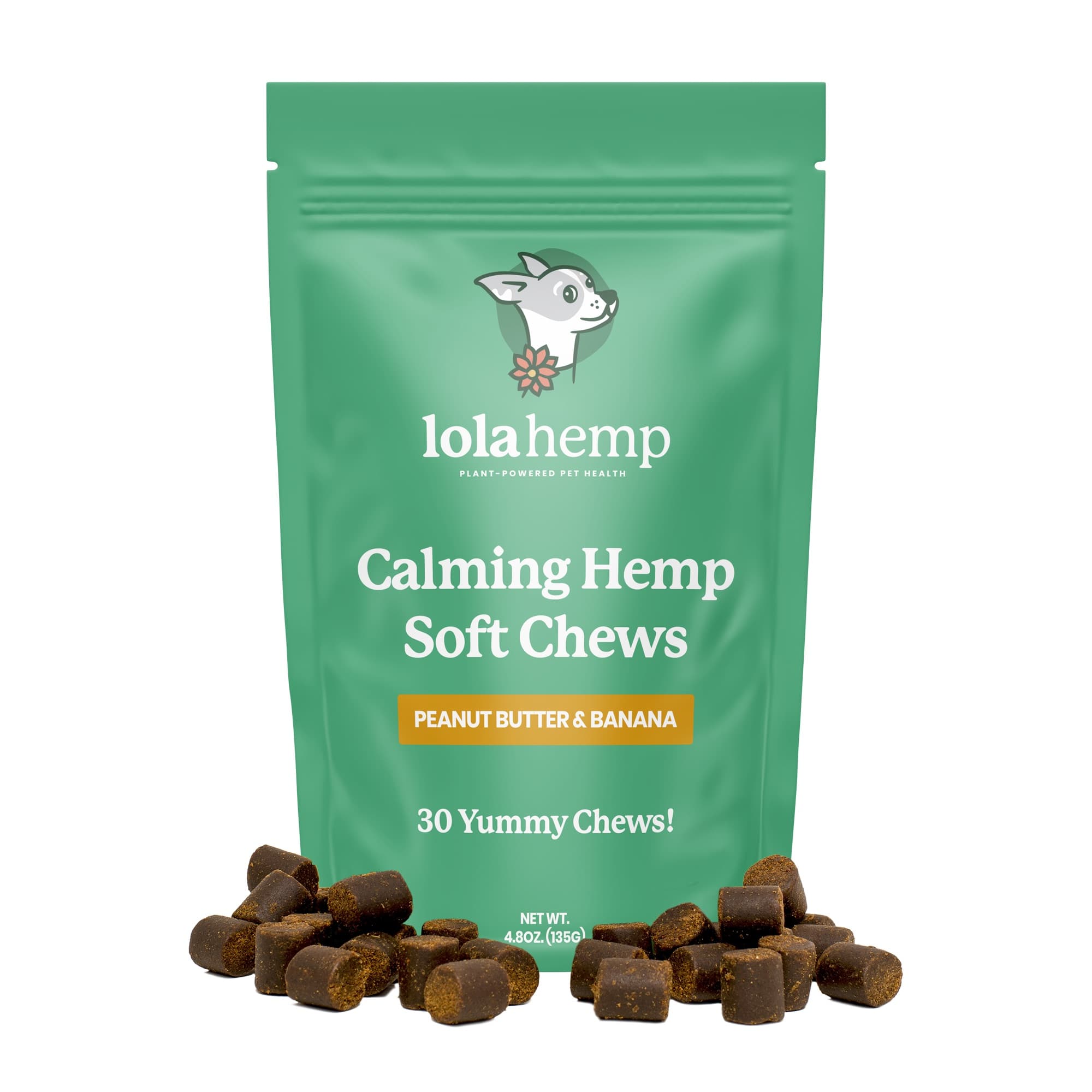As a pet parent, seeing your dog flinching can be concerning. If it happens out of the blue, it may indicate fear, discomfort, or a medical problem.
Flinching is a quick and nervous movement of the face or body in response to pain, fear, or surprise. For a sleeping dog, it may be natural for them to flinch as they dream.
While occasional flinching may not be alarming, frequent instances deserve your immediate attention. Understanding the underlying causes can help you identify the right steps to support your pooch's emotional health. In this article, we’ll discuss why your dog is suddenly flinching and what you can do to help.
Why Does Your Dog Suddenly Flinch at Nothing?
Your dog may appear to be flinching at nothing. However, it has an explanation rooted in physical, emotional, or environmental factors.
Dogs are highly sensitive, thus, subtle triggers can cause sudden reactions. Some of the common reasons include the following:
- Pain or nerve sensitivity
- Seizures
- Stress or anxiety
- Skin irritations or allergies
Let’s look at each of these reasons:
Pain or Nerve Sensitivity
Your dog might flinch if they experience pain or nerve-related issues in specific areas. Pinched nerves, injuries, arthritis, and hip dysplasia are some of the conditions that can cause sudden discomfort.
Also, pain in the jaw or tooth can cause your furry friend to flinch if you reach for their head or muzzle. In case you suspect that your canine companion is flinching due to pain, call your vet and have them conduct a physical examination to establish the cause.
Seizures
Mild seizures can also cause flinching. In some cases, you may not even realize that your pup has just experienced a seizure episode. Seizures can lead to permanent damage to your dog. Therefore, they should be treated quickly.
Stress or Anxiety
Your dog can also flinch in response to stress or anxiety. Some causes of stress include a change in environment, past trauma, or new family members.
Skin Irritations or Allergies
Itchy skin caused by allergies, infections, or fleas may lead to flinching. If you touch the affected area, you may notice the flinching.
Normal Flinching in Dogs
It’s common for dogs to flinch occasionally in response to sudden movements or noises. This quick reaction is a natural part of their reflex system, helping them stay alert to their surroundings. Normal flinching is typically harmless and often occurs when they are startled or surprised by something unexpected, like a loud sound or a fast movement nearby. As long as the flinching isn't frequent or accompanied by other concerning behaviors, it is usually nothing to worry about.
Is There Anything You Can Do to Help?
If your dog is suddenly flinching, observe them closely. Notice the patterns, triggers, and frequency of flinching. Schedule a visit to the vet, who may conduct an examination to identify the cause. The vet may recommend the following:
Use of Natural Remedies
Natural remedies such as CBD oil can help calm and comfort your pet. Hemp-derived CBD oil has calming properties and supports a normal inflammatory response for pets experiencing pain. Also, you can use CBD oil to help your dog maintain a calm and relaxed disposition.
Additionally, ashwagandha and omega-3 fatty acids are beneficial for calming nerves and supporting your dog’s overall health. Your vet can help you identify a proper dosage tailored to your dog’s needs.
Creating a Calm Environment
In addition to using natural remedies, you must create a calm environment for your pet. You can minimize loud noises, stressful situations, or sudden movements. If your dog reacts to touch, approach them gently to avoid worsening the flinching.
What If Your Dog is Flinching at Everything?
When flinching becomes frequent, it may indicate more serious issues. Such issues include chronic pain, neurological disorders, fear, or trauma.
If your dog is flinching at everything, consult your vet immediately to identify the cause and begin treatment.
Conclusion
Sudden flinching in dogs may indicate fear, discomfort, or underlying issues. You must identify the triggers and seek appropriate care. Consult your veterinarian to rule out serious conditions.
FAQs About Why Is My Dog Flinching
Why is my dog flinching when I touch them?
Your dog may flinch when touched due to pain, skin irritation, or nerve sensitivity. A veterinary exam can help identify the specific cause.
Why is my dog suddenly flinching at nothing?
Sudden flinching at seemingly nothing may be caused by subtle noises, mild seizures, anxiety, or discomfort that isn’t immediately obvious.
Can anxiety cause my dog to flinch?
Yes. Dogs experiencing stress, fear, or past trauma may flinch due to heightened sensitivity to movement, sound, or touch.
Should I take my dog to the vet for frequent flinching?
Frequent flinching should be evaluated by a veterinarian to rule out pain, neurological disorders, or underlying medical issues.
How can I help my dog stop flinching?
Identify potential triggers, create a calm environment, and consider natural calming options while consulting your vet for guidance.









